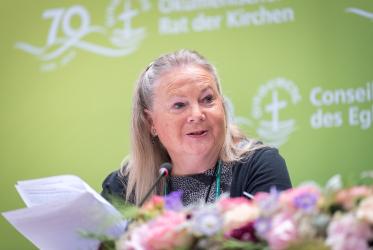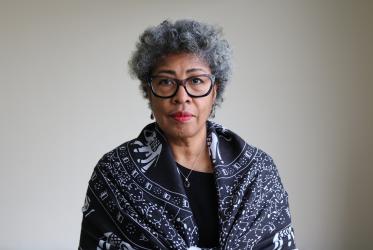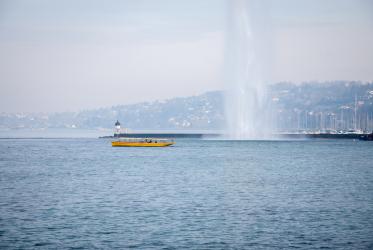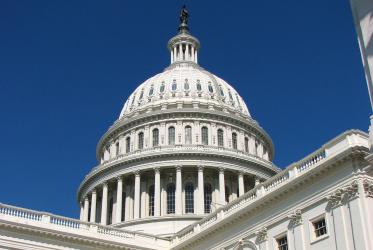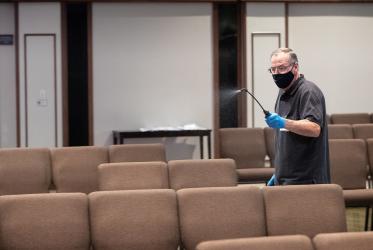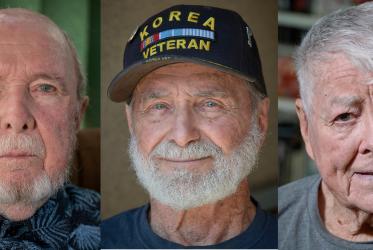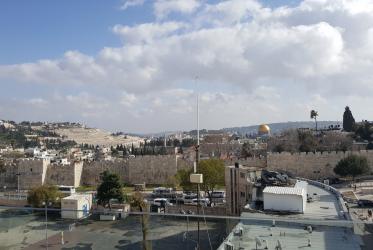Displaying 1 - 20 of 23
Prayer life of Bishop Mary Ann Swenson has deep roots
31 January 2022
Perkins names Dr Evelyn Parker as 2021 Distinguished Alumna
11 November 2021
In pictures: Week of Prayer for Christian Unity
01 February 2021
Bible study addresses church identity in pandemic
17 September 2020
Dr Saïd Ailabouni: God is on the side of rejected, oppressed, occupied
12 September 2019
Peacemakers at work in Sri Lanka
29 April 2019
#WCC70: Children in the Ecumenical Movement
20 December 2018
Roundtable for Peace on the Korean Peninsula convenes in Atlanta
14 November 2018
How can you help refugees?
11 October 2018

